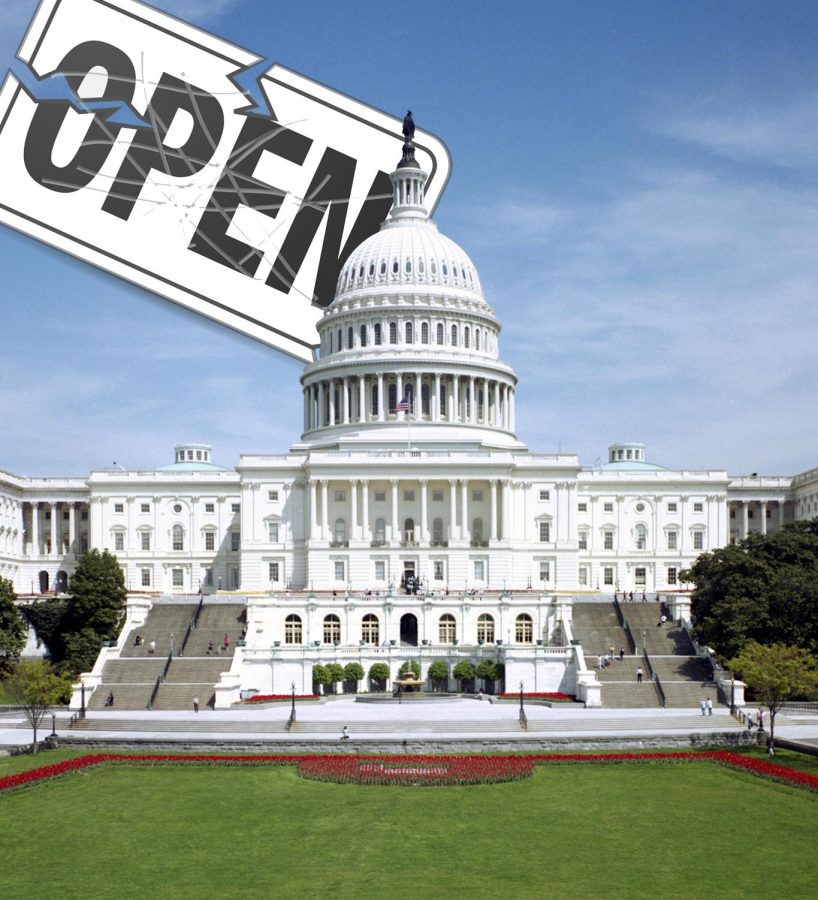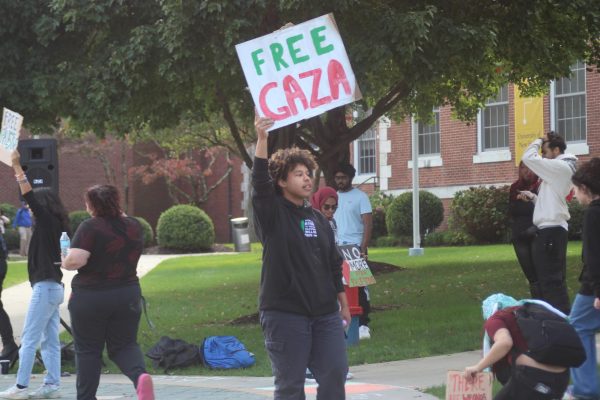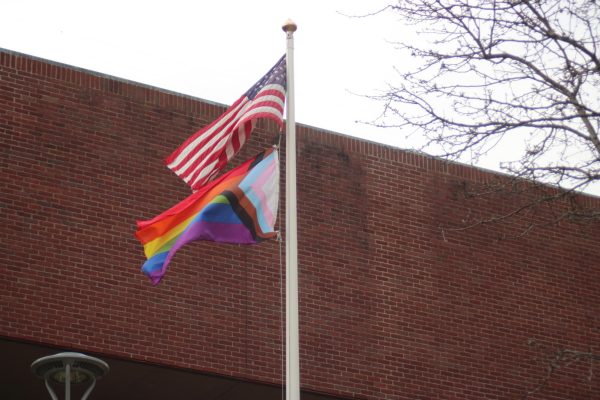Government Reopens On Shaky Ground
On Friday Jan. 25, President Donald Trump reached an agreement to reopen the government for three weeks, while negotiations over the border wall continue. This temporary agreement ended the longest government shutdown in history, coming in at 35 days in total, and allowed the House and Senate to pass a temporary spending bill, with no money provided for the wall.
The bill restored normal government operations and allowed payment to come through for the 800,000 federal workers who were either not working, or working without pay. However, this bill only sustains government operations until Feb. 15, at which point Trump will be able to declare a national emergency or shutdown the government again in an attempt to secure money for his border wall.
“We really have no choice but to build a powerful wall or steel barrier,” said Trump. “If we don’t get a fair deal from Congress, the government will either shut down on Feb. 15, or I will use the powers afforded to me under the laws and Constitution of the United States to address this emergency.”
With the threat of another shutdown, this temporary reprieve may not reassure federal workers or the millions of Americans that rely on government services, such as food stamps or housing aid. According to the New York Times, many federal workers missed mortgage payments, fell into credit card debt, and plummeted their credit scores, consequences that will not fade away with the government up and running. Additionally, many national parks have been destroyed beyond repair while park rangers could not work.
The shutdown continues to impact college students in a unique way. According to a USA Today article, many students were unable to complete their Free Application for Federal Student Aid (FAFSA) while the government was shutdown, because they needed information from the Internal Revenue Service (IRS). Select federal aid was also delayed because of the shutdown, and many universities responded by delaying tuition deadlines for their students.
Although the government has been re-opened, the uncertainty surrounding the length it will remain open is keeping FAFSA applications and federal aid at a standstill. According to Edvisors, a platform that compares student loans, often times students who submit their FAFSA earlier receive more money than those who submit it later. The shutdown could continue to delay FAFSA applications, with the IRS currently only operating for the next three weeks.

Karina Krul is a senior marine biology major with a triple minor in psychology, political science and marine affairs. This is her fourth year with The...










